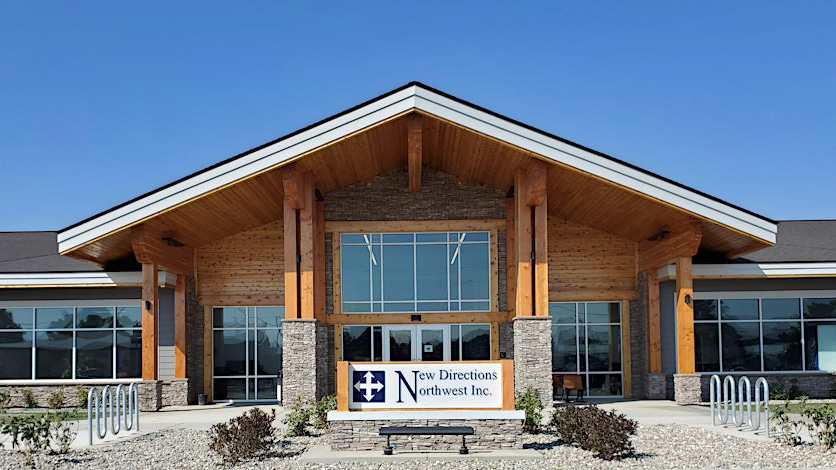Baker County is one of several Oregon counties planning on developing a Law Enforcement Assisted Diversion (LEAD®) model deflection program in response to the new drug related misdemeanor that takes effect on Sept. 1. The Oregon Criminal Justice Commission allocated $150,000 to support Baker County as they develop a deflection program from the ground up.
The Association of Oregon Counties (AOC) was successful in advocating for maximum flexibility in how a local deflection program is administered and operated, allowing the required local partners to make the best use of their existing resources and processes. Baker County is collaborating with the Baker County Sheriff’s Office, the Baker City Police Department, Baker County Circuit Court, the Baker County District Attorney’s Office, and a local treatment provider to develop their deflection program, which will be run out of the sheriff’s office.
Baker County Chair Shane Alderson said the program will be up and running by September. “When the state legislature asked for counties to opt in early, I wanted to show support for the amendments to HB 4002, and I knew I had the right people,” Alderson said.
Baker County will use the services of a local treatment provider, New Directions Northwest (NDN), to offer substance use disorder assessments and referrals for individuals referred to the deflection program. As a Behavioral Health Resource Network provider, NDN offers recovery focused peer support programs, behavioral health screenings, and low barrier substance use disorder treatment.
According to NDN Training, Recruitment, and Special Projects Coordinator Claudia Wilcox, “the number of new certified alcohol and drug counselors in Eastern Oregon counties has decreased over the last several years while service needs have increased.”
In response, NDN recently launched the Eastern Oregon Behavioral Health Training Center to increase access to behavioral health services throughout Eastern Oregon by training individuals to become qualified behavioral health providers. The training center is currently on track to become the Eastern Oregon training hub for Oregon Health Authority (OHA) certified peer support specialists in adult addictions as well as certified alcohol and drug counselors.
Obtaining behavioral health provider training usually takes two years, with multi day courses often held in more populated areas. For rural Eastern Oregon residents, travel to these trainings involves significant time and added costs for lodging, per diem, and fuel, making it more expensive than for metropolitan counterparts. Limited budgets and workforce availability in Eastern Oregon further restrict attendance.
To address these financial barriers, the Greater Oregon Behavioral Health (GOBHI) awarded grants to the training center to provide stipends for travel, lodging, per diem, and childcare, as well as tuition scholarships. The training center’s central location in Eastern Oregon allows most individuals to commute on the same day as the training.
By the end of 2024 the training center’s goal is to see 30 new Certified Recovery Mentors and 36 new Certified Alcohol and Drug Counselors in the Eastern Oregon region. Courses are being taught onsite at the NDN Outpatient Facility in Baker County. In March, NDN purchased the former Blue Mountain Community College building in Baker City for use as a future home for the training center. The facility is currently being remodeled and will open soon.
Alderson says the county has hired a program coordinator, and is currently working on training for law enforcement and behavioral health providers, operational procedures, and a tracking system. “We have an outstanding team,” he said, “and I’m very proud of how everyone has stepped up.”
Contributed by: Erin Good | Communications Coordinator
This is the third article in AOC’s series on counties setting up deflection programs. Read previous articles:
- County Deflection Programs | Lane County
- County Deflection Programs | Marion County Law Enforcement Assisted Diversion (LEAD®) Program

